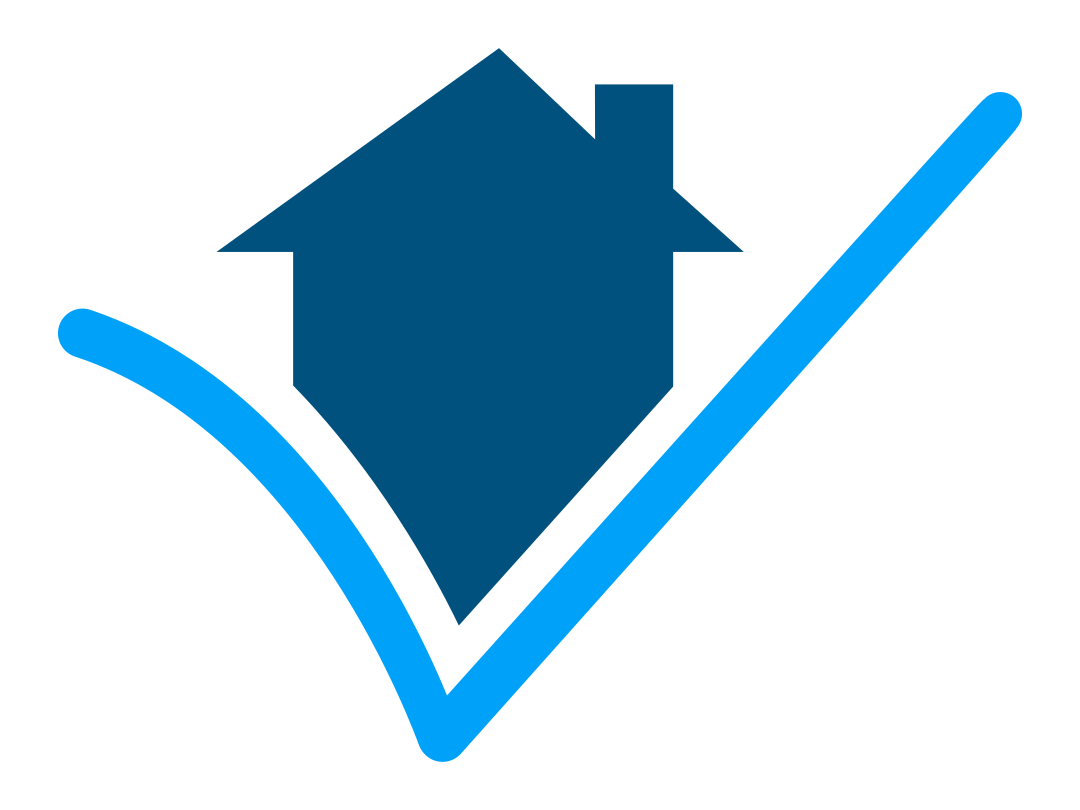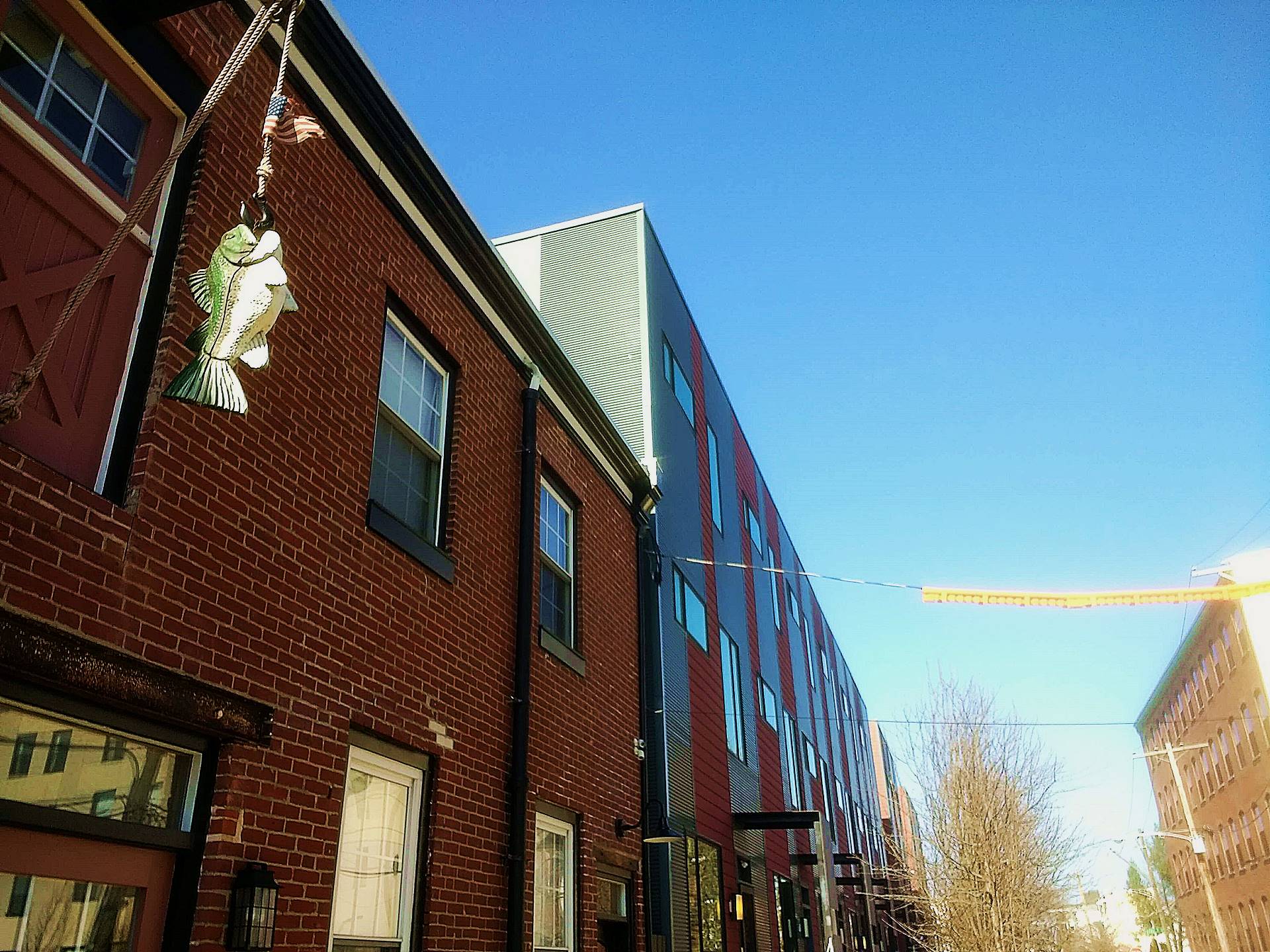Realtors ask me a lot of questions about permits. They want to know what they’re allowed to do with a property in Philly, how to get a legal construction project off the ground, and how to get rental licenses (so many rental licenses). Some of these questions are specific to one project. But some apply to almost any property in the City of Philadelphia. I’ve culled the most common questions and areas of interest to give you the top five things every realtor should know about Philly permits.
1. You can’t “rezone” a property, but you can usually get a variance – if you can wait several months
Every realtor I know asks me if a Philly property can be rezoned, so that it can be used differently. Mostly, this means someone wants to sell a lot zoned for one family as a lot that can feature apartments.
So I will say again: no! You can’t rezone anything in Philadelphia, unless you are literally writing a new law.
You can, however, ask for a variance. A variance is extra special permission granted by Philly’s zoning board to use a property differently than the zoning code allows.
Variances are not automatic: the zoning board can reject your appeal. But they have been granted previously at the rate of about 90%, so if you get a good lawyer and you know what you’re doing, you have a very good chance in the abstract. But it’s very important to understand your project and the common sorts of variance before you promise any buyers or sellers that a zoning variance is imminent.
Also note: this takes time! The variance process requires a meeting with a local neighborhood organization and a meeting with the zoning board some 4-6 weeks after that. And these meetings aren’t even scheduled until the zoning permit application is reviewed, which takes a minimum of two weeks for a property zoned anything other than one- or two-family, even if you pay to speed up the process. Never promise absolutely to “change the zoning,” and always allow about four months to get the variance you want.
2. A lot of what realtors need to know about Philly permits is online – just check Atlas
Realtors always want to get advanced intel on their properties. They want to know how the property is registered in the government’s logs. They want to know if there are any outstanding violations. They want to know if the person who is supposed to own the property actually exists.
You can ask the City of Philadelphia directly for a real estate certification statement online. But that costs $110, and isn’t a guarantee that you’ll be able to get the permit you think you want.
Instead, check out Atlas – the City’s online database of all properties in Philadelphia. On Atlas, you can see all the parts of the zoning code that apply to a given property – including overlay districts! You can see every permit and license affiliated with the property. You can review older zoning permits, too. Atlas is a great, great tool – if the rest of city government was organized this well, you’d barely ever hear a complaint about City Hall.
3. There are different types of violations in Philly, but Realtors should take them all seriously and clear them as soon as possible
Don’t try to sell anything that has a violation on it. And don’t get ambushed by a violation later – always check Atlas to see if Licenses and Inspections has tagged a property with a violation. (Just always check Atlas.)
Violations come in a few different types, but the important distinction is that some are classified as dangerous cases and others are considered non-hazardous. Dangerous cases are – look, sometimes it’s pretty simple: if your building is about to collapse, the City of Philadelphia will cite that as a dangerous case. If the floor can’t support the weight of a human person, that will be a dangerous case. If it’s flooding on the third floor, that’s a dangerous (and super weird) case.
Other violations won’t immediately stop operation of a business or kick residents out of a house. But they’re all addressed the same way: The City wants something changed, and you have to get a permit to change it. If your house is about to fall down, then they might want it demolished – so you’ll need to apply for a demo permit. If your house has a roof deck that you didn’t get a license for, the City won’t tear it off – but they will expect you to apply after the fact for a building permit for that deck.
Philly realtors should always check for violations, and always be ready to secure a new permit – or explain to a client how to secure a new permit – before making a sale.
4. Realtors should know their clients’ BIRT and CAL, and always link these to Philly permits and licenses online
Philadelphia’s permitting system can be difficult to navigate, but there are – really! – some conveniences buried in it. The most important after Atlas is Eclipse, the City’s online permits and licenses portal.
Eclipse isn’t perfect – it’s old technology, and the interface is straight out of the early aughts. Different departments in Philly don’t even have access to it – it’s a bit of a scramble. However, Eclipse does allow you to record all your licenses and permits and link your records to them.
This is an incredible service if you bother to set it up – and a lot of people don’t. I’ve had plenty of clients who obtained a license and then kept no record of it, only to find that the City of Philadelphia also has no record of it. The way to avoid this horror story is to set up an Eclipse account and link it to your (or your clients’) BIRT and CAL.
A BIRT is Philly shorthand for Business Income and Receipts Tax – technically, when people in City offices ask for a BIRT, they’re asking for the ID number associated with your tax account. A CAL is a Commercial Activity License – it used to be called a business license, but that made too much sense so they changed it. A CAL is required for any entity – person, company, whatever Gritty is – doing business in Philly. It will be linked to your Employer Identification Number (for businesses) or Social Security Number (for regular non-business people). You can register for these identifiers for free, online.
Once you have a BIRT and CAL, you can associate any licenses you have with them. If you’re a Philly realtor representing someone who wants to open a restaurant, you can track their licenses this way. And if you’re a Philly realtor representing anyone, you’ll want a BIRT and CAL yourself, for your own business.
5. Everything involving permits in Philly takes time – like, a month minimum
Everything. Do you need a new building? Then you need a new zoning and building permit. Those permits have review times of one week (for single-family homes) or two weeks (for everything else) – and that’s if you pay the thousand dollars necessary to accelerate the application, and if there’s no problem with your application, and if you already have plans prepared to spec and a licensed contractor ready to start work. Do you want to open a restaurant? You need a review of the floorplan and equipment, an inspection (which always becomes two inspections), and a letter from the Health Department – just to be allowed to apply for the food license that you’ll need. Any construction work or changes to the building will also require permits – give this process around six months to be safe.
Everyone always wants to move in next week, get a new zoning permit tomorrow, and open a business yesterday. The City of Philadelphia is not fast enough to accommodate that, and while people like to gripe about Licenses and Inspections, the fact is that sometimes homeowners and tenants forget important procedures too. Give yourself some breathing room and you (and your clients) will be much, much happier. And then call Permit Philly.

